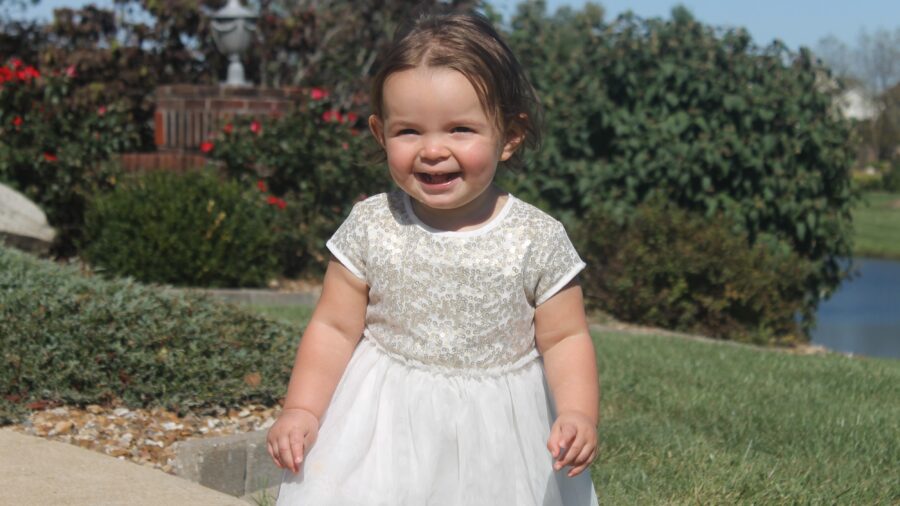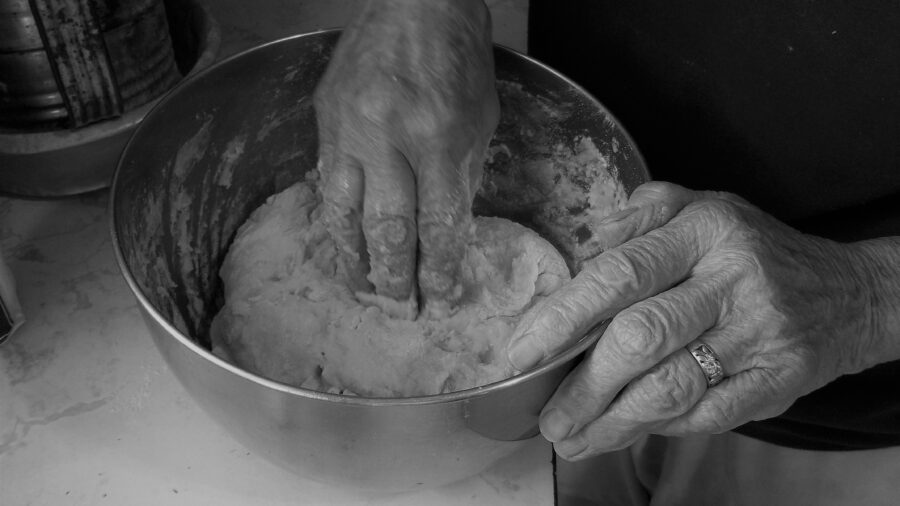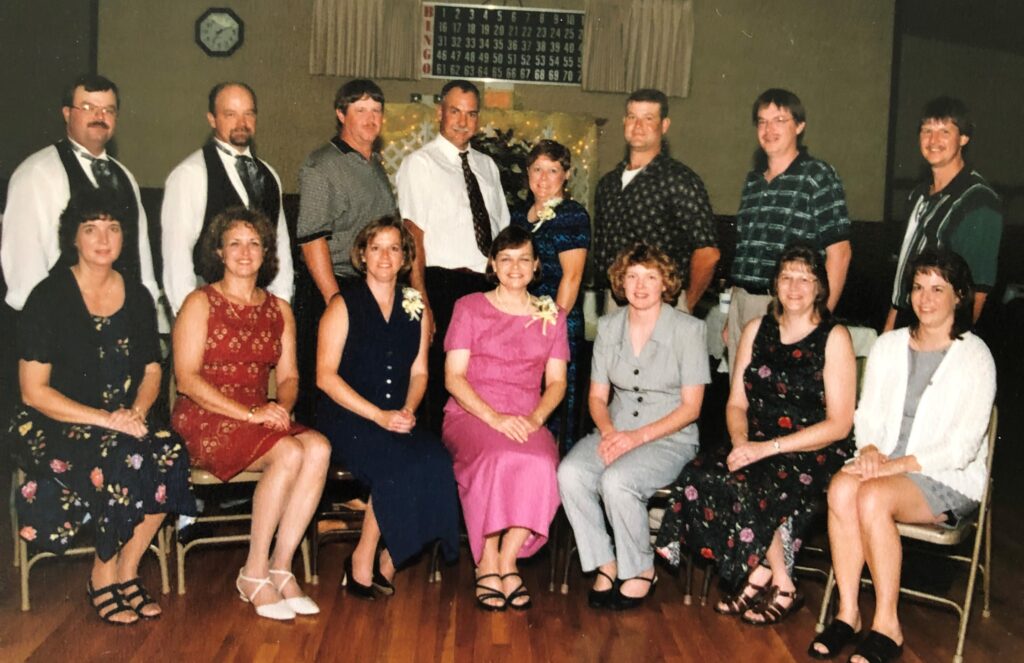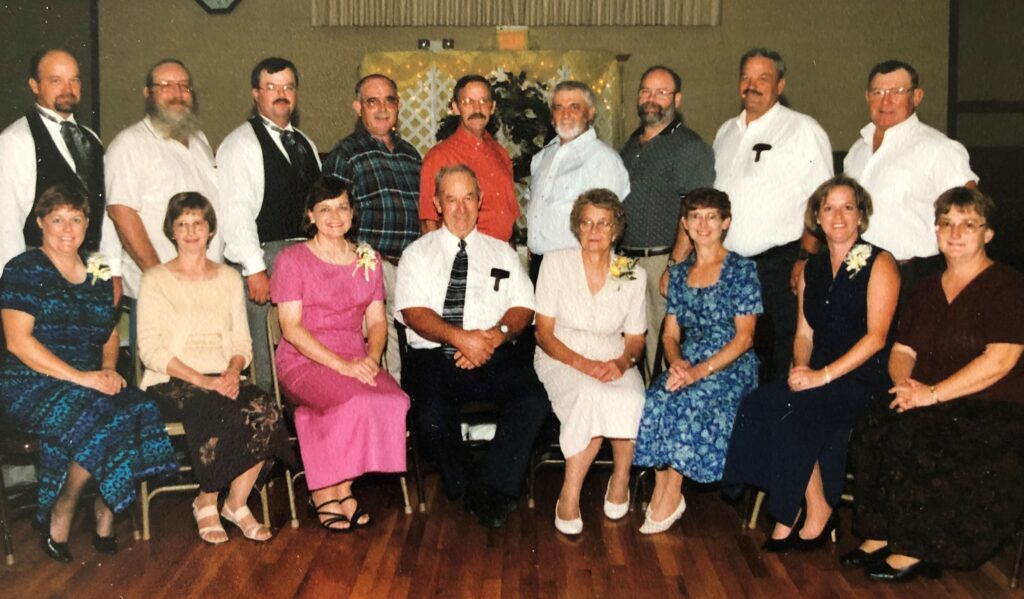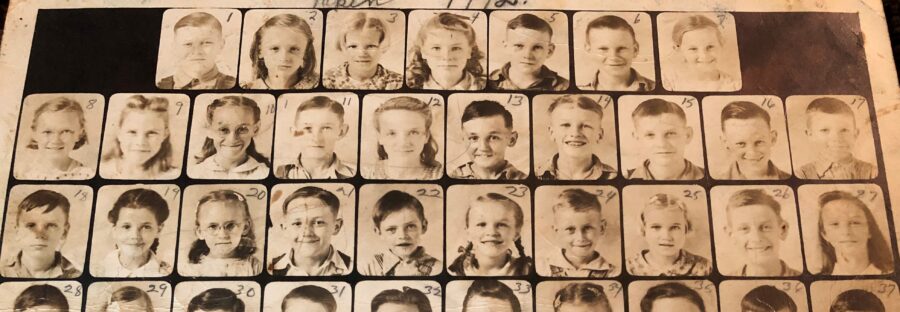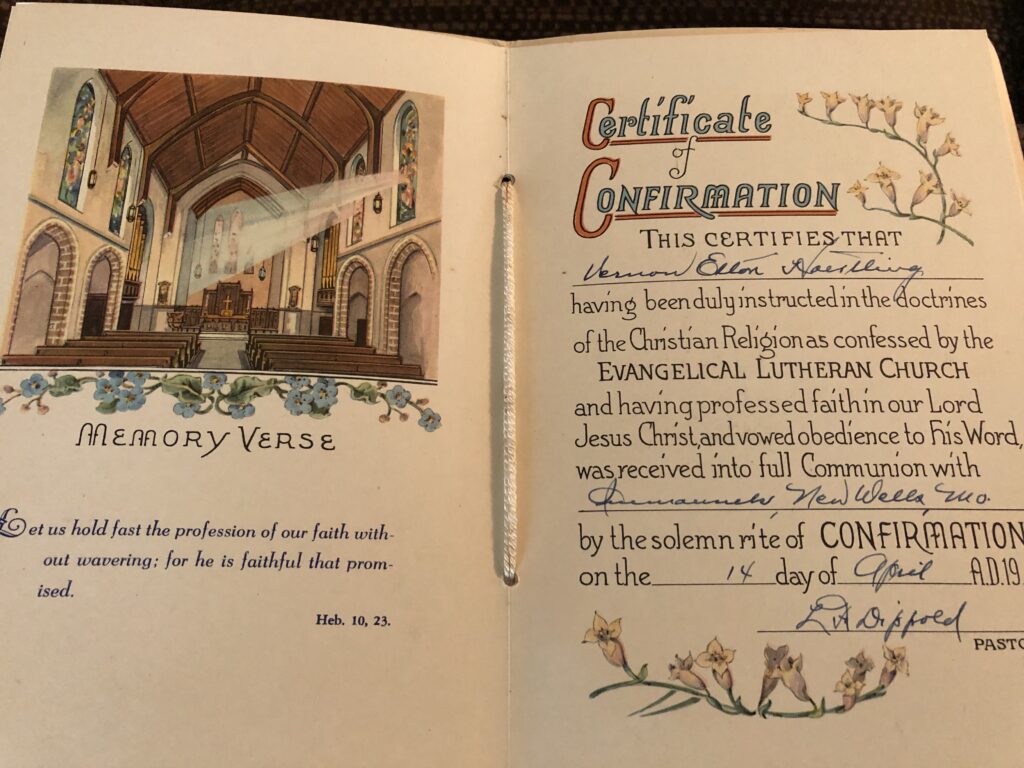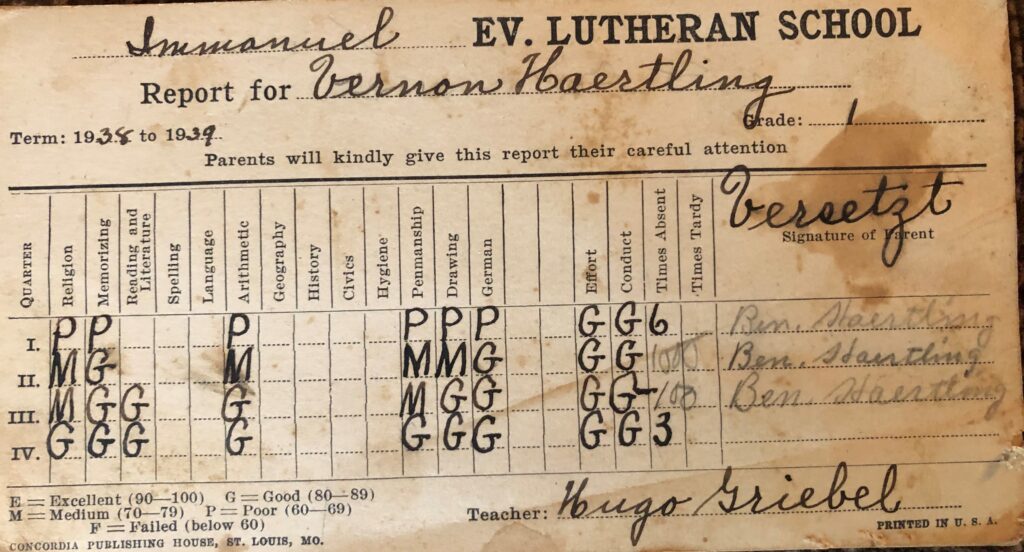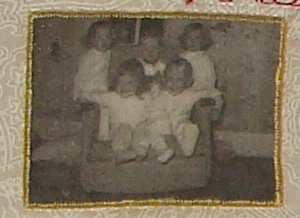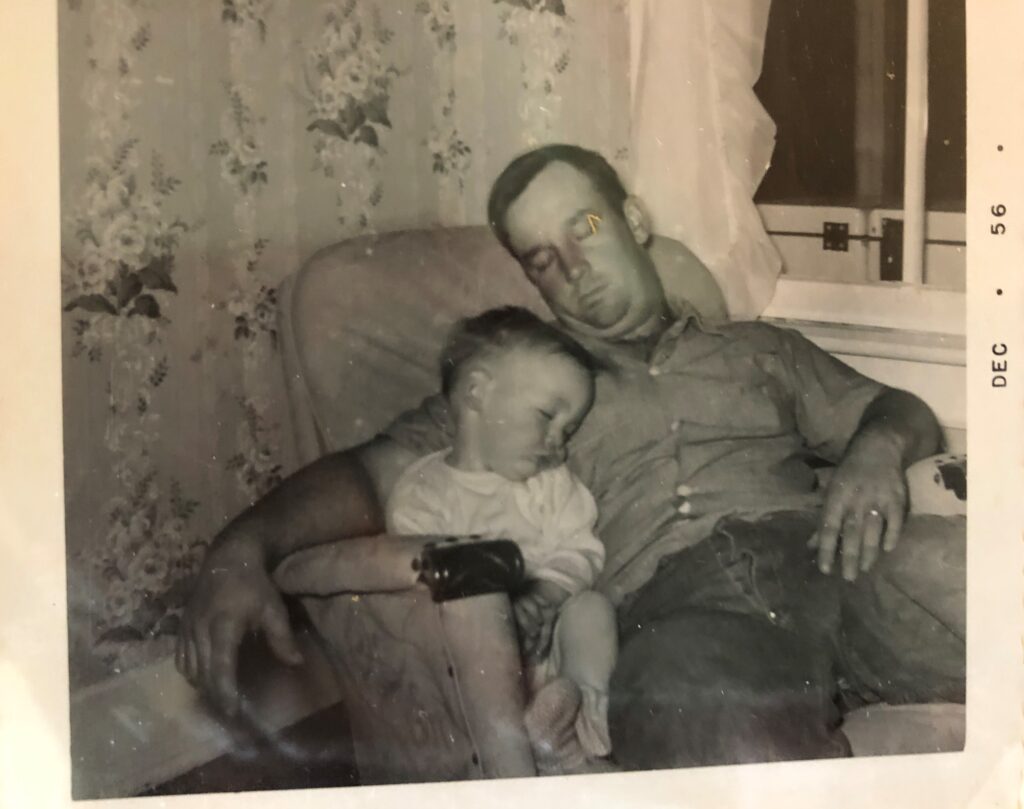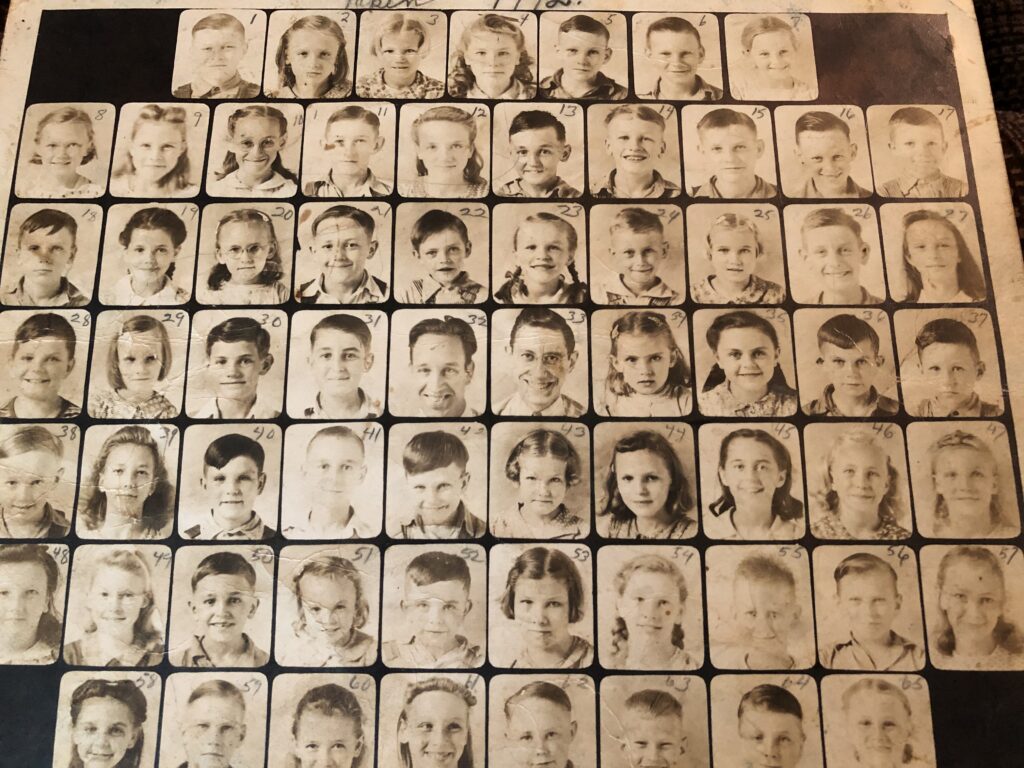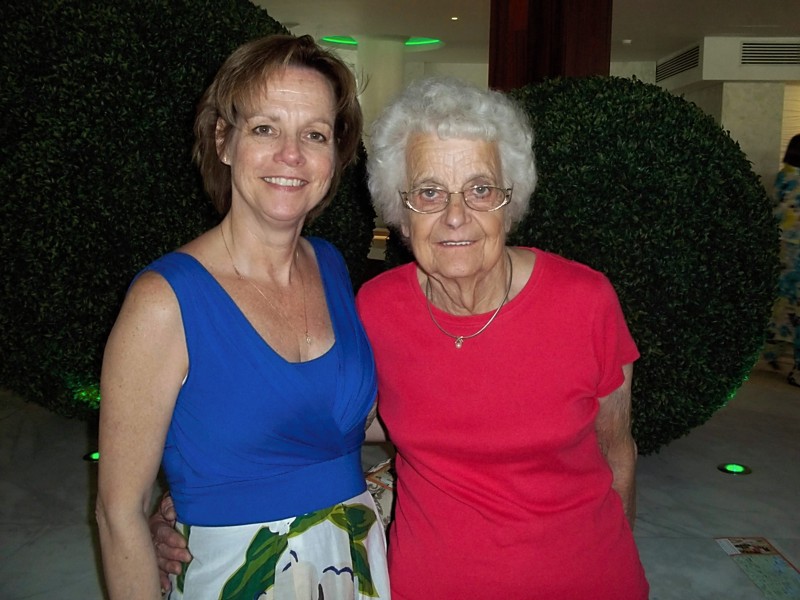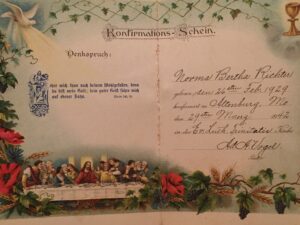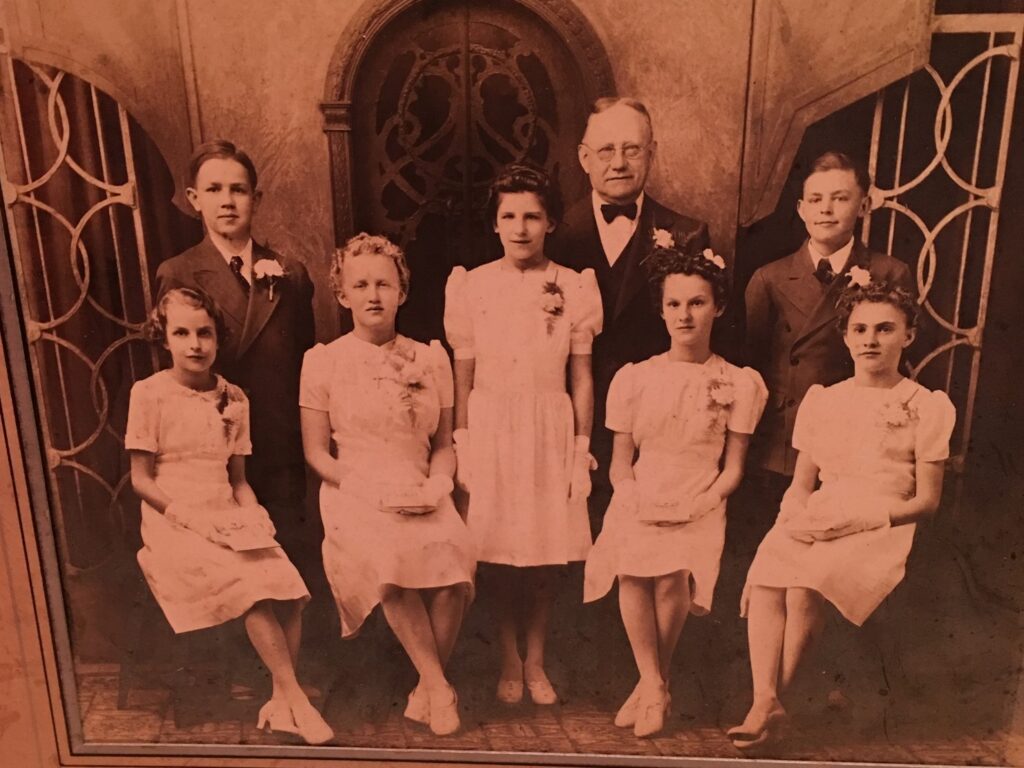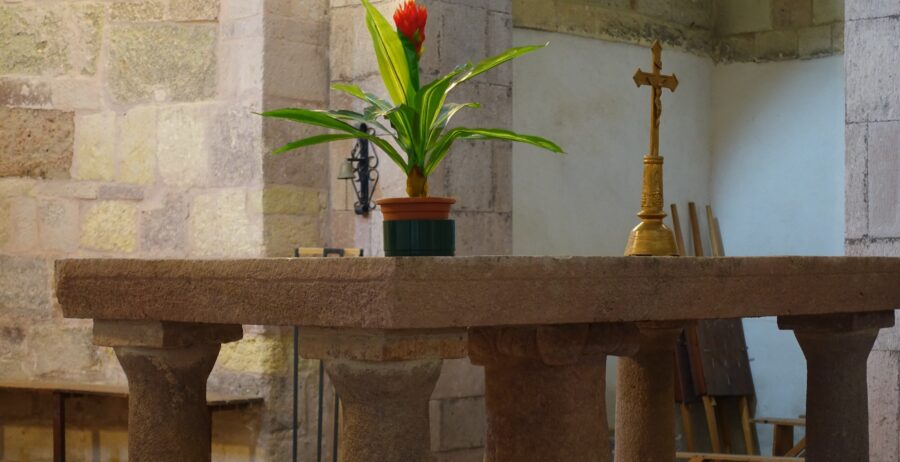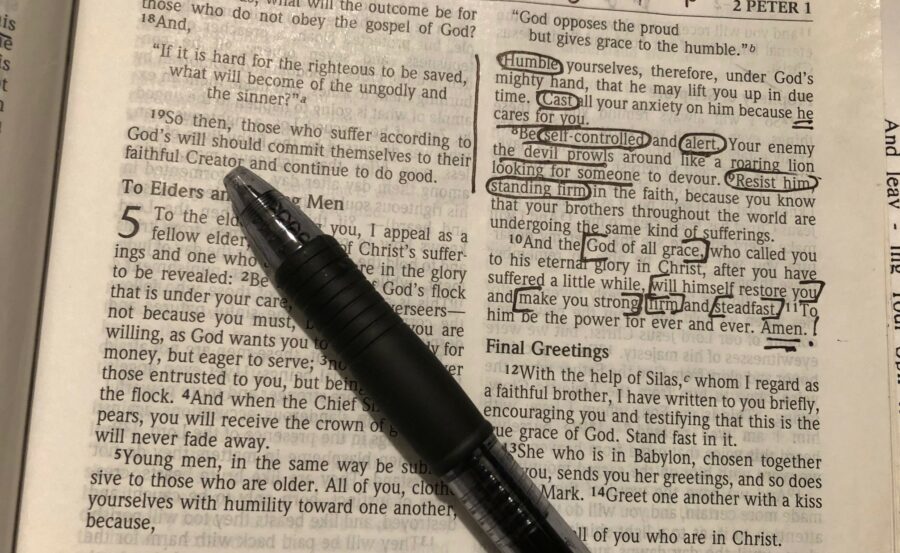Never could I have imagined hearing such tender words wrapped in such irrepressible joy. Maybe an “I love you, too, Nana.” But not this.
My three-year-old granddaughter had just stepped out of the tub from her evening bath. Her back to me, I softly toweled off her wet hair; and I whispered gently into her ear, “I love you, Zoey Gail.”

And that is when it happened!
In one swift motion, Zoey spun around to face me; her rich, brown eyes beaming. With unbridled joy sweeping across her face, she threw her arms around my neck, capturing me in her embrace.
Her response stopped me short: “Oh, Nana. Thank you for loving me!”
Later as I relived that moment in my mind, my heart still taken aback at Zoey’s reaction, I wondered how often have I expressed such pure, unrestrained gratitude to my Lord and Savior? Have I ever?
But in Christ, God gives us much, much more … Joy unspeakable.
Joy in the Giver
The once childless Hannah did.
See the unbridled joy written on Hannah’s face; expressed through her song as she brings the child Samuel to the house of God. Experience her delight recorded in the Old Testament book of 1 Samuel:
My heart rejoices in the Lord; in the Lord my horn is lifted high … 1 Samuel 2:1
Hannah tells Eli, the priest, “I prayed for this child, and the LORD has granted me what I asked of him” (v. 27). She doesn’t commend Samuel for his behavior, or his intelligence, or even the good sense he showed at such a young age; something most parents are prone to do.
Hannah sang praise to the Giver.
There is no one holy like the Lord; there is no one besides you; there is no Rock like our God. 1 Samuel 2:2
Joy in Community
What about Naomi, the one who “went away full,” but the “LORD brought back empty” (Ruth 1:20)?
Because of a famine in her native land, Naomi left Israel to go with her husband and two sons to Moab. The intent was to stay just “for a while.” But there in that foreign country, a godless place of worship, Naomi experiences the loss of her husband. Her sons, who had married women of Moab, also die. Abandoned — a widow and in poverty — Naomi retraces her steps back home to Bethlehem with one of her daughters-in-law, Ruth.
Cutting My Teeth on Christmas Blog
At a time when hope appears lost, God’s mighty hand was working and Boaz, a kinsman-redeemer, was provided. Oh, that moment when Boaz and Ruth’s first-born child, Obed, was carried to Grandma Naomi. Picture the unbridled joy as a long, desolate winter passes and a time of birds singing emerges: “Then Naomi took the child in her arms and cared for him” (Ruth 4:16).
That joy was also celebrated among those in Naomi’s community as, “The women living there said, ‘Praise be to the LORD, who this day has not left you … Naomi has a son!’” (Ruth 4:14-17).
At one time thought perished, Naomi’s family was restored to Israel’s genealogy. That infant Obed lived to become the father of Jesse, who became the father of King David, the ancestor of Jesus (Matthew 1:5).
Joy in Hope Restored
Mary was there that first Easter morning. But there was no joy, unbridled or that of any other kind.
Exhausted, the past hours swelled with agony and heartbreak. How could this be?
She had heard Jesus’ bitter cries. She had stood near the cross, her presence all that she could offer Him in His deep suffering. She watched through those excruciatingly dreadful hours until finally the Roman soldier speared the Savior’s side.
“Dead,” came the declaration.
But there she was — outside the empty garden tomb — early on that Sunday morning. She knew the right place, for she had also been there watching when they laid the Lord’s lifeless body to rest (Matthew 27:61).
Now to find the Lord’s grave empty! Her grief knew no bounds. And she wept (John 20:11-18).
“Mary.”
As the morning light breaks through the darkness of night, so, too, that one word broke through the gloom of indescribable sorrow. One word uttered from the Voice she recognized.
Who Am I to You? Blog
Unbridled joy gripped Mary’s heart as she realized her Savior actually stood in front of her. In reverent love she cries, “Rabboni!” (John 20:15-17). My God and my Master!
He is risen from the dead! Jesus is alive again!
Do gratitude and joy come only out of a satisfied desire, a recovered loss, or hope restored? Oh most certainly, getting to the other side of deep hardship is like a green light straight to amazing joy. But in Christ, God gives us much, much more. True blessing, deep happiness right where we are — in the life He has given us. Jesus came that we might “have life and have it to the full.” Joy unspeakable.
Sometimes it takes a 3-year-old child to show the way.
Though you have not seen him, you love him;
and even though you do not see him now, you believe in him
and are filled with an inexpressible and glorious joy,
for you are receiving the end result of your faith,
the salvation of your souls.
1 Peter 1:8-9
